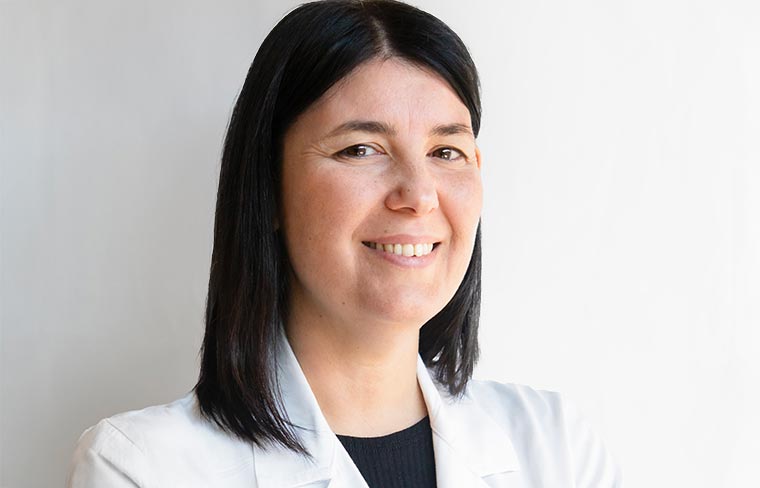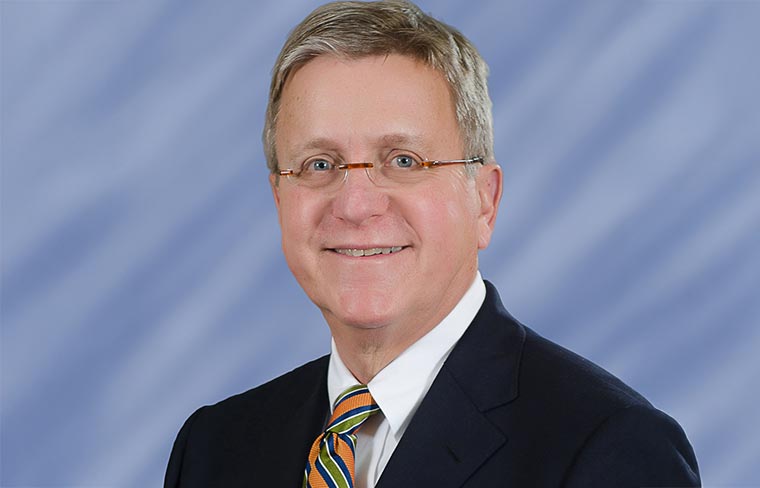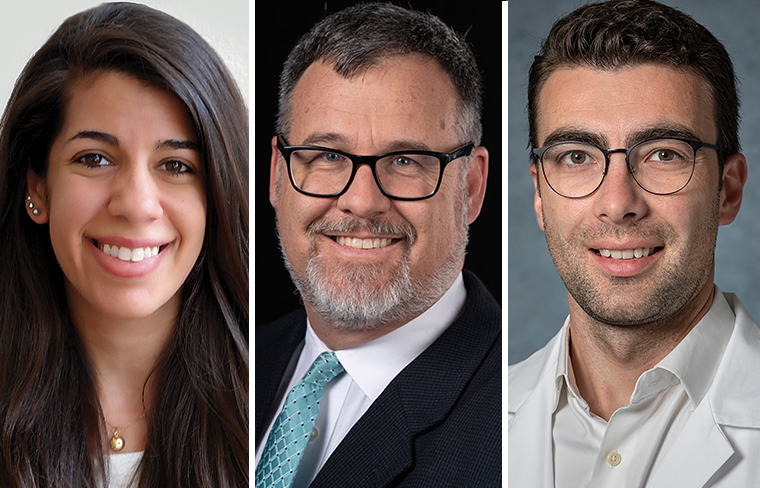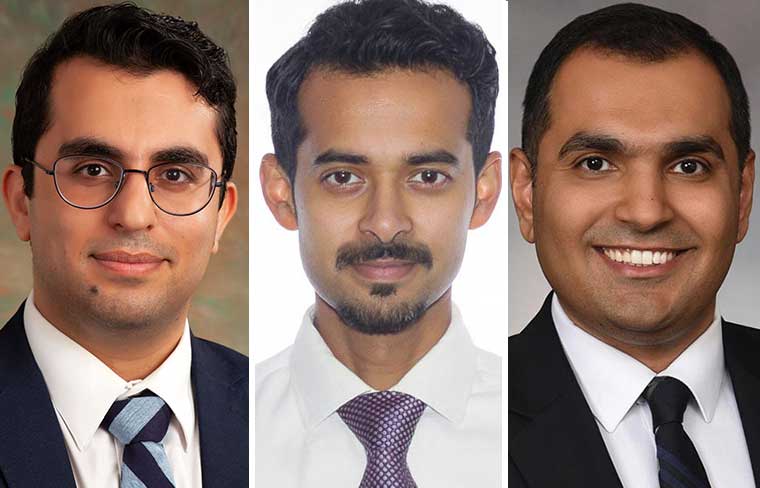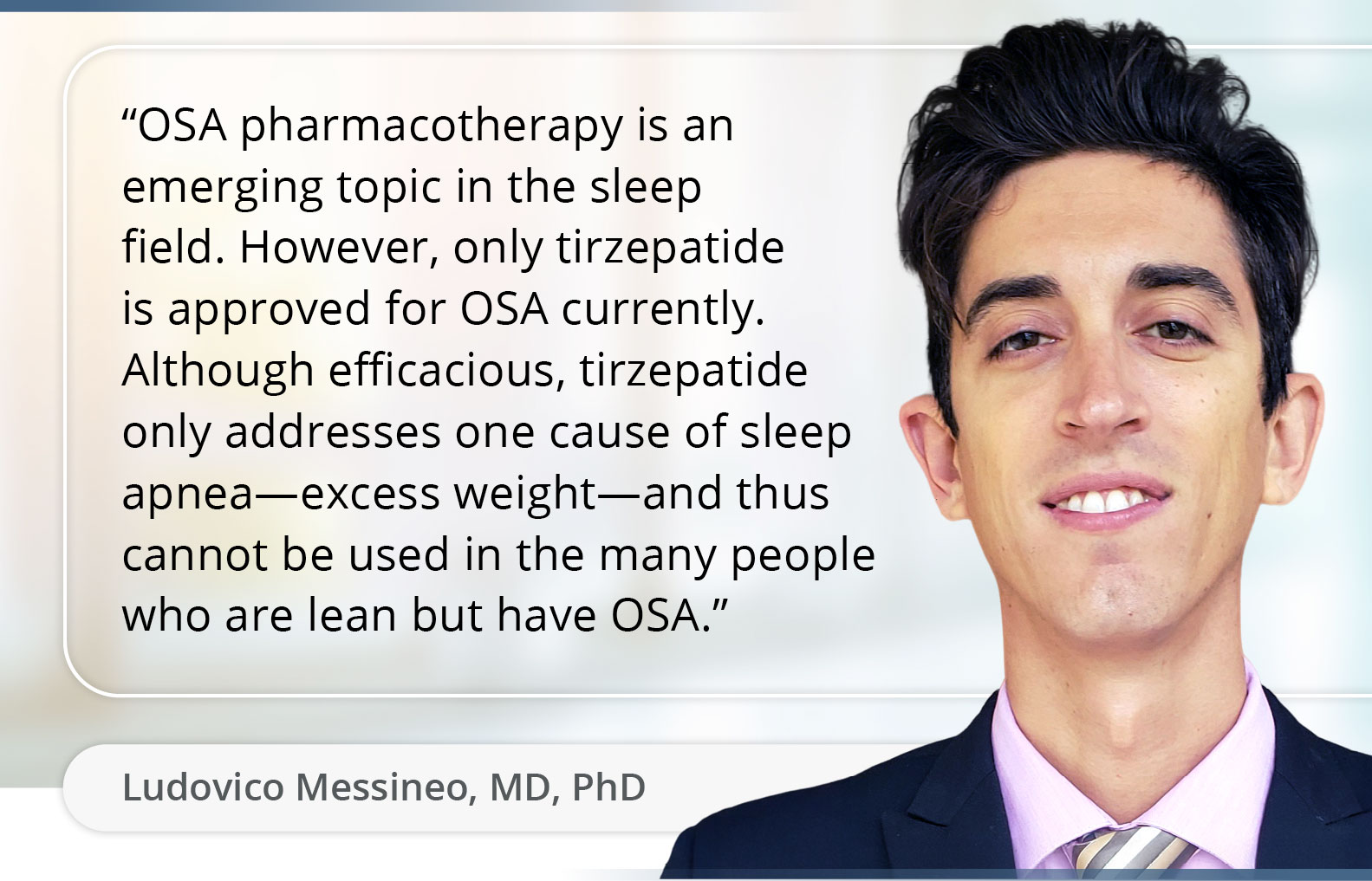CHEST Physician
-
Top reads from the CHEST journal portfolio – November 2025
Read new research from the journal portfolio about smoking attitudes and behaviors among patients undergoing lung cancer screening, identification of ARDS subphenotypes, and oxygen saturation targets following cardiac arrest.
-
Osimertinib plus chemo beat chemo alone in patients with advanced EGFR-mutated NSCLC who advanced on first-line osimertinib
Experts said the results of the COMPEL trial support continued treatment with osimertinib beyond progression in this patient population.
-
SOAR Act in limbo while legislators ride out government shutdown
CHEST Past President John E. Studdard, MD, Master FCCP, said the biggest impact of Medicare competitive bidding has been reduced reimbursement, which has slowed innovation in oxygen delivery.
-
Study explores geographic disparities in tobacco dependence treatment among veterans with COPD
Study author Arianne K. Baldomero, MD, said that reducing geographic barriers will require multidisciplinary approaches and innovative, equitable health care solutions.
-
Latest data show peripheral vasopressors safer, quicker than central ports
Results from a recent analysis of the CLOVERS trial demonstrated a similar 90-day mortality rate with fewer complications for vasopressors compared with central venous catheter administration for the management of sepsis-induced hypotension.
-
Advocating for environmental justice on behalf of pediatric patients
Pediatric pulmonologists need to advocate for policies that promote environmental justice and help ensure that all children can grow up in safe, healthy environments.
-
Small steps toward a noninvasive approach to pulmonary hypertension
Noninvasive imaging approaches, particularly echocardiography-based and CT scan-based main pulmonary artery diameter assessment, offer complementary insights into early PH detection and risk stratification.
-
Closing the gap in pulmonary rehabilitation
If pulmonary rehabilitation in the United States is going to meet the scale of need in coming years, it must grow consistently, equitably, and sustainably.
-
Viloxazine-trazodone combo shows promise for OSA relief
Investigator Ludovico Messineo, MD, PhD, said lower dosages will need to be tested to ensure that the beneficial effects on OSA severity are maintained while minimizing side effects.
-
Azelastine nasal spray shows promise in preventing SARS-CoV-2 infections
Researcher Robert Bals, MD, PhD, said this is a starting point, a signal of efficacy that warrants confirmation in larger, multicentric, phase 3 trials.

